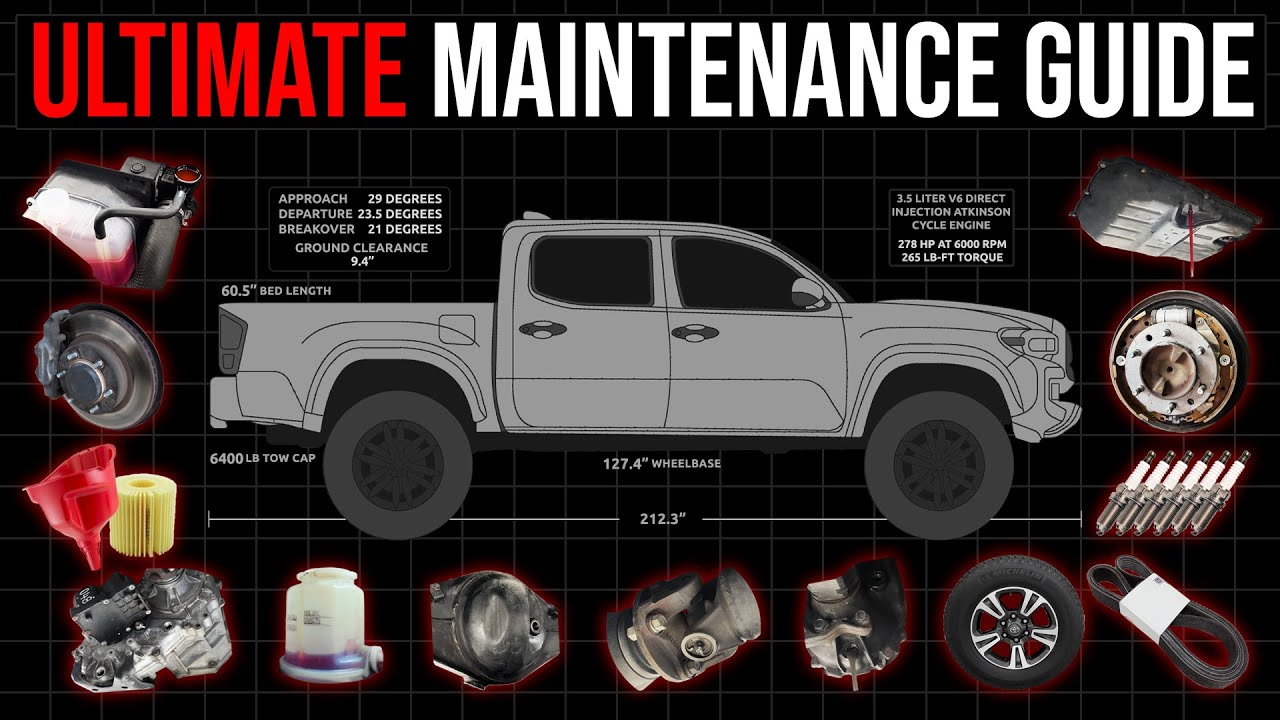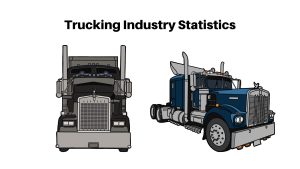
The Ultimate Guide to Maintaining Your Truck: Tips and Tricks for Longevity
Let’s be honest—trucks aren’t just vehicles; they’re workhorses. Whether you’re hauling heavy loads or cruising cross-country, keeping your truck in top shape isn’t just about avoiding breakdowns—it’s about squeezing every mile out of that engine. Here’s the deal: maintenance isn’t glamorous, but neither is a $5,000 repair bill. So, let’s dive in.
1. The Basics: Oil, Fluids, and Filters
Think of oil as your truck’s bloodstream. Dirty or low oil? That’s like asking your heart to pump sludge. Here’s what you must do:
- Change the oil regularly—every 5,000 to 7,500 miles for conventional oil, or up to 15,000 for synthetic (check your manual).
- Don’t ignore other fluids: coolant, transmission, brake, and power steering fluids all need love.
- Replace air filters—clogged filters choke your engine’s performance.
Pro Tip: The Dipstick Test
Check your oil monthly. If it’s dark and gritty, change it. If it’s low, top it off—but also figure out why it’s low. Leaks? Burning oil? Address the root cause.
2. Tires: More Than Just Rubber
Tires are your truck’s only contact with the road. Neglect them, and you’re gambling with traction, fuel efficiency, and safety.
- Rotate tires every 6,000–8,000 miles to prevent uneven wear.
- Check pressure monthly—underinflated tires wear faster and hurt gas mileage.
- Align wheels annually (or after hitting a pothole the size of a kiddie pool).
When to Replace Tires
Tread depth below 2/32″? Time for new tires. Stick a penny in the tread—if Lincoln’s head is visible, you’re on borrowed time.
3. Brakes: Stop While You’re Ahead
Brakes don’t just fail overnight. They give warnings—squeaks, grinding, a pedal that feels spongy. Heed them.
- Inspect brake pads every 12,000 miles (sooner if you tow heavy loads).
- Flush brake fluid every 2 years—moisture in the system corrodes components.
- Listen for odd noises—grinding means metal-on-metal, and that’s expensive.
4. Battery Care: Don’t Get Stranded
A dead battery in a parking lot is annoying. In the middle of nowhere? Dangerous. Here’s how to avoid it:
- Clean terminals—corrosion kills connections. Baking soda and water works wonders.
- Test voltage yearly—12.6V is ideal; below 12.4V means trouble.
- Replace every 3–5 years, even if it “seems fine.”
Cold Weather Warning
Batteries lose 30% of their power in freezing temps. If you live where winters bite, consider a battery warmer.
5. The Undercarriage: Out of Sight, Not Out of Mind
Rust is a truck’s silent killer. Road salt, mud, and moisture eat away at frames and components. Fight back:
- Wash the undercarriage monthly, especially after winter roads.
- Apply rust inhibitor—fluid film or wax-based coatings work well.
- Inspect for leaks—oil, transmission fluid, or coolant stains on the driveway? Investigate.
6. The Engine Bay: Keep It Clean (But Not Too Clean)
A grimy engine bay hides problems. A pressure-washed one can fry electronics. Balance is key.
- Wipe down surfaces with a damp cloth—no high-pressure hoses near sensors.
- Check belts and hoses—cracks or fraying mean replace ASAP.
- Look for loose wires—rodents love chewing on them.
7. Long-Haul Love: Extra Tips for Heavy Use
If your truck earns its keep hauling or towing, it needs extra TLC:
- Upgrade your cooling system—towing strains the radiator.
- Use synthetic oil—it handles heat better.
- Inspect suspension components—leaf springs, shocks, and U-joints take a beating.
The Trailer Hitch Check
Grease the hitch ball regularly. A squeaky hitch isn’t just annoying—it’s wearing out prematurely.
8. Seasonal Adjustments: Summer vs. Winter
Trucks face different challenges depending on the season. Adapt:
| Summer | Winter |
| Check A/C performance | Swap to winter-grade oil |
| Monitor tire pressure (heat expands air) | Install winter tires if needed |
| Watch for overheating | Keep fuel tank half-full to avoid condensation |
Final Thought: Maintenance Is an Attitude
A well-maintained truck isn’t just reliable—it’s a statement. It says you respect the machine, the job, and the road. And honestly? That’s the kind of driver who gets the most miles—and the most pride—out of their rig.



Average Rating